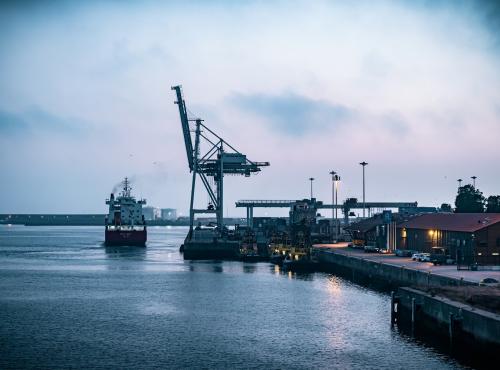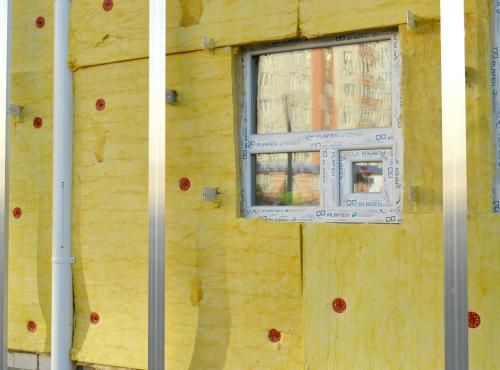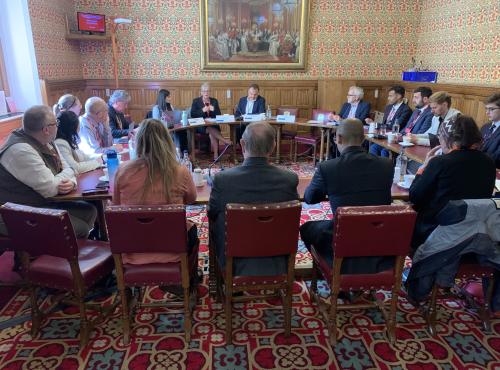Running the Low Carbon Heat Transition
On 5th May 2020, Carbon Connect held an online roundtable to discuss the governance challenges related to the low carbon heat transition. The session was part of a series of roundtable discussions held as follow-up events on the Uncomfortable Home Truths report.
Please read the detailed event write-up here.
Key considerations highlighted at the event include:
- Heat decarbonisation is one of the toughest challenges facing climate change policy. As this challenge will be with us for the next three decades, it is important that the government sets out the long-term trajectory and policy framework for heat decarbonisation.
- As the time to start taking action is shrinking, it is crucial to urgently deliver on the promise of the Heat and Buildings Strategy providing long-term guidance on heat policy. When the Government commits itself to a strategy, it can catalyse action by giving a signal to consumers and the market on what is to be done.
- While the market cannot deliver change on its own, it is capable of delivering on heat decarbonisation if it is given a clear structural and a long-term approach. It is important that policies and new governance instruments are developed through a cross-party approach to indicate long-term credibility for the market to implement the necessary changes.
- We currently have a very diverse and uncomprehensive approach to heat policy across the UK and to ensure the efficient transition to low carbon heat, we need to carefully think about the balance between local, regional, devolved and central government, as well as ensure the careful coordination across various government levels.
- Heat decarbonisation can play an important part in the post-COVID green recovery, especially through its role in creating new economic opportunities and jobs, as well as boosting skills.



